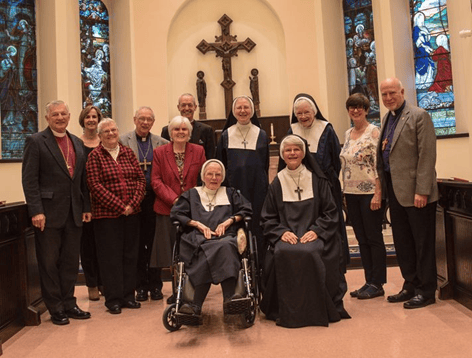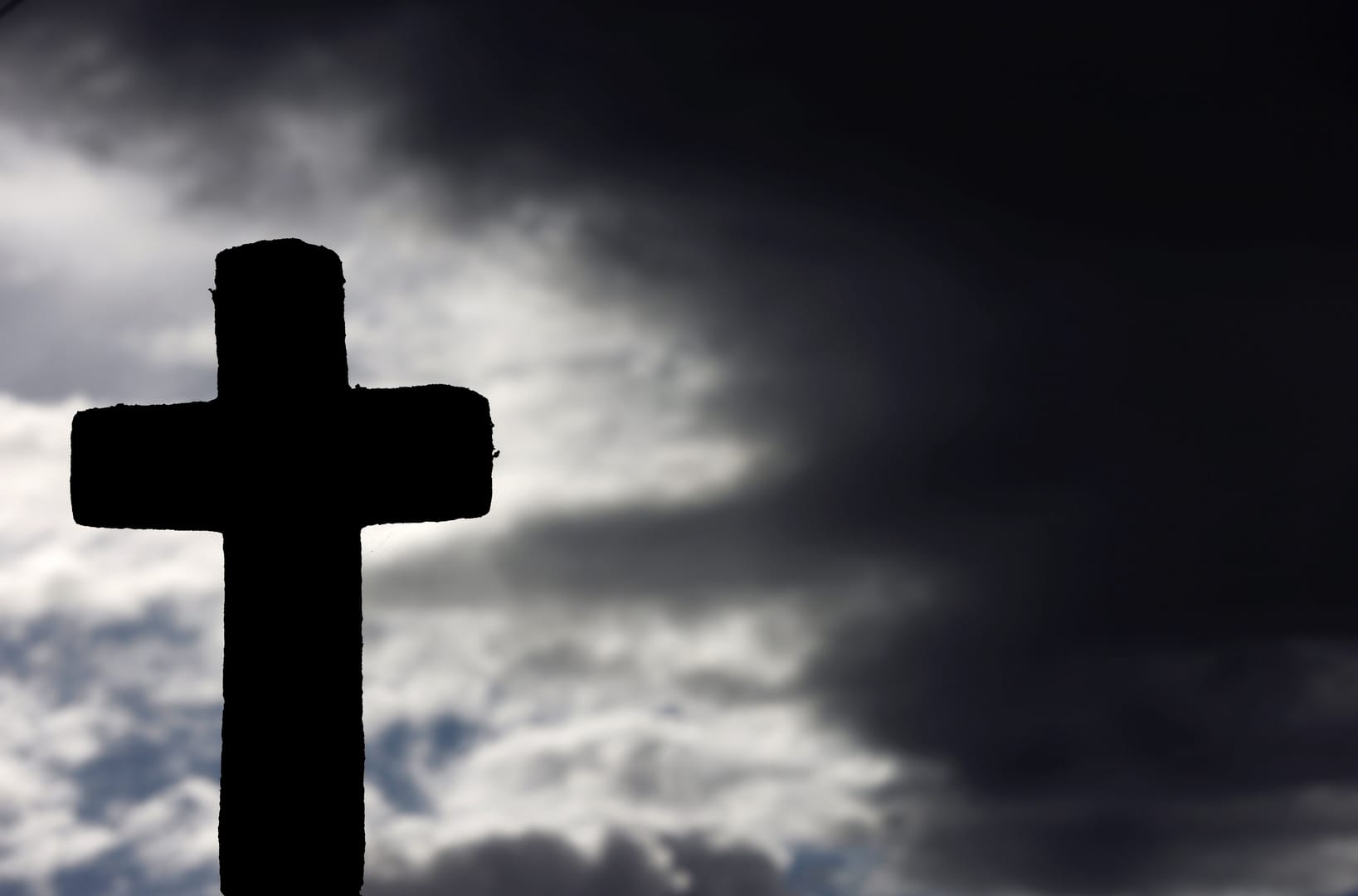ROME — According to a former Vatican ambassador to Cuba, Pope Francis will visit the island nation as a pastor, not a politician, but that doesn’t mean the pope’s message will be entirely apolitical.
“Pope Francis’ visit will be eminently pastoral, following the footprints of his predecessors St. John Paul II and Benedict XVI,” said Italian Archbishop Bruno Musaró. However, he said, “For the popes, shepherds of the Church, there are no taboo topics, not even concerning Cuba.”
Musaró, now the pope’s ambassador to Egypt, held the same position in Cuba from 2011 to 2015.
The prelate might be on to something: when Benedict visited Cuba in 2012, he called for Cubans to build a “renewed and open society, a better society, one more worthy of humanity, and which better reflects the goodness of God.”
Benedict XVI even added words to his prepared remarks, something Francis is widely known and, sometimes, even feared for doing.
During an open air Mass on the day of his arrival, Benedict told Cubans he prayed for “the future of this beloved nation in the ways of justice, peace, freedom, liberty, and reconciliation.”
The world “liberty” wasn’t in the original speech and is one charged with political connotations, since it’s the one word anti-Castro protesters use.
Musaró believes that Francis will address the same issues as his predecessors, “but from the perspective of a Latin American.” Beyond that, he said, Francis being Francis, “he’s able to make some prophetic gestures, more efficient than a speech.”
Francis has made several of these gestures in the past 30 months, such as an unplanned prayer at the security wall separating Jerusalem from the West Bank on day two of his three-day visit to Israel and Palestine in May 2014.
Musaró, who left Cuba on March 13, barely three months after the process of restoring diplomatic relationships between the island and the United States was announced, believes the challenges of the nation and the local Church are the same as during the visit of Pope Benedict XVI in 2012.
“I have no knowledge of the Church being able to reopen schools, nor that it has free access to mass media, which are still under the control of the state,” Musaró told Crux.
Referring to his former post in Cuba, Musaró said that Catholics hope Francis’ visit will bring “an improvement of their living conditions under the light of the Gospel and the dignity of each human person.”
“This can’t happen if there’s no freedom of conscience and religion,” he added.
















